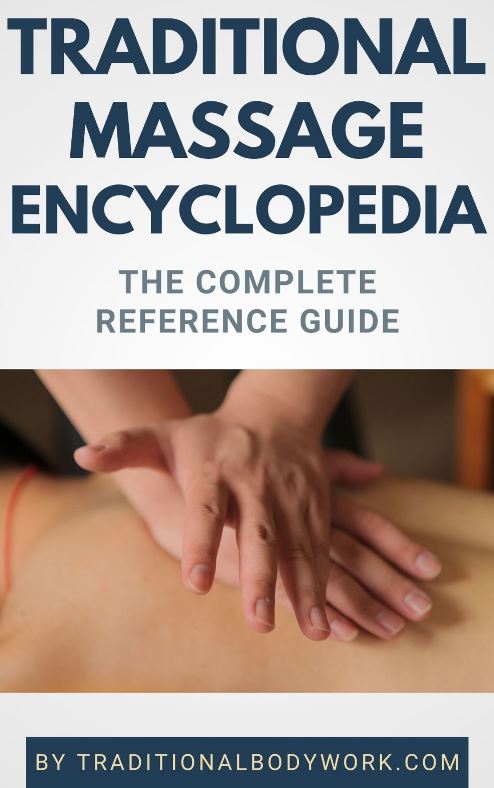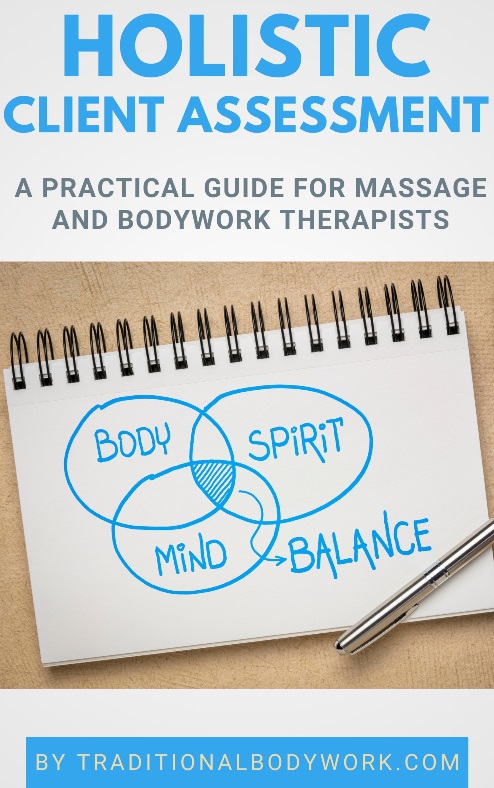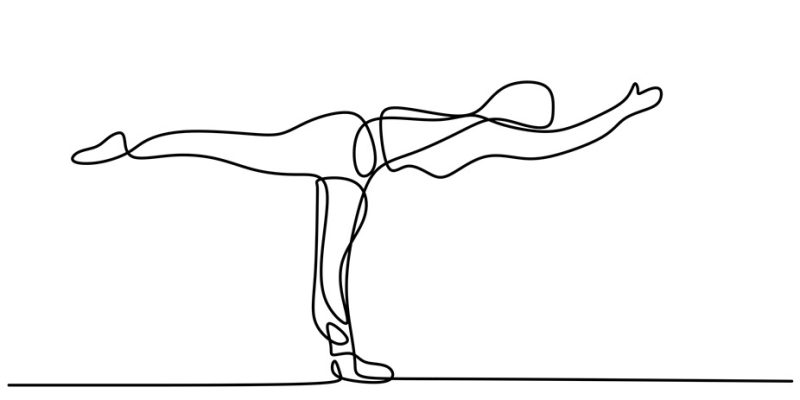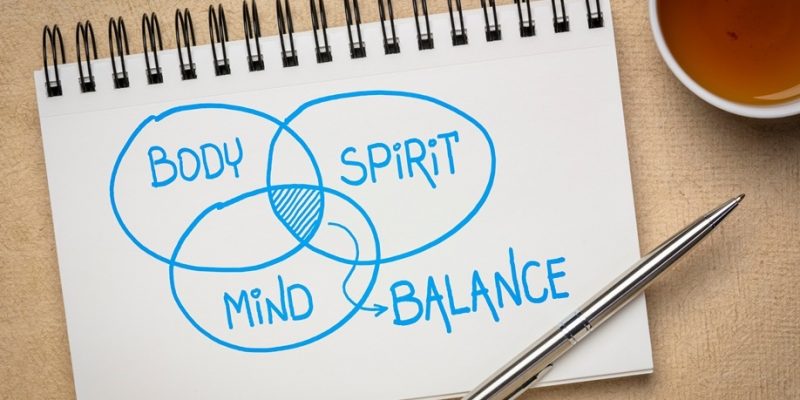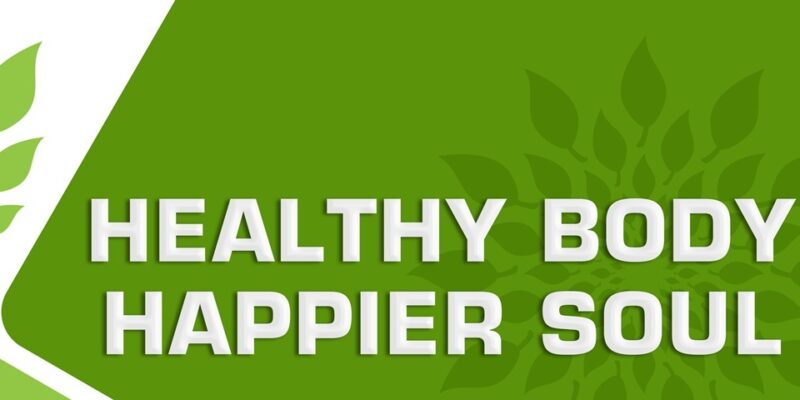Addiction to drugs or alcohol can be a devastating and life-altering experience. However, there is hope and help available.

In this comprehensive guide, we will explore the various aspects of drug rehab and alcohol treatment, from understanding addiction to seeking the right treatment options.
We’ll also highlight notable places in the United States known for their renowned drug rehab centers, such as California, Massachusetts, and New Jersey.
Understanding Addiction
Before delving into the treatment options, it’s crucial to have a clear understanding of addiction. Addiction is a complex disease that affects both the brain and behavior. Here’s what you need to know:
- Physical and Psychological Dependency: Addiction involves both physical and psychological dependence on substances like drugs or alcohol. The body becomes reliant on the substance to function normally, leading to cravings and withdrawal symptoms when not used.
- Altered Brain Function: Prolonged substance abuse changes the brain’s structure and function. It impairs decision-making, self-control, and judgment, making it challenging for individuals to quit on their own.
- Progressive Nature: Addiction is often progressive, meaning it tends to worsen over time. What may start as recreational use can develop into a full-blown addiction.
- Stigmatization: Unfortunately, addiction is still stigmatized in society, which can prevent many individuals from seeking help.
Understanding addiction as a disease is the first step towards empathy and effective treatment.
Notable Locations for Drug Rehab Centers
Seeking the right treatment facility is a crucial decision in the recovery journey. Some regions in the United States are renowned for their exceptional drug rehab centers. Here are three notable places:
California
California is a state renowned for its diverse addiction treatment centers, each known for innovative approaches and experienced professionals. The Golden State offers a wide range of treatment options, including outpatient programs and residential rehabilitation facilities.
Prominent Facilities
- Promises Treatment Centers: Promises Treatment Centers in California are recognized for their holistic approach to recovery. They offer a comprehensive range of therapy modalities, including individual, group, and family therapy.
- Cliffside Malibu: Nestled in a serene environment, Cliffside Malibu stands out for its personalized treatment plans and luxury amenities, providing individuals with a unique and supportive recovery experience.
Massachusetts
Massachusetts, another state known for its commitment to evidence-based addiction treatment, boasts a thriving recovery community. The state offers a wide variety of treatment centers that prioritize evidence-based practices and compassionate care.
Prominent Facilities
- McLean Hospital: McLean Hospital, located in Massachusetts, is a world-renowned psychiatric hospital that provides comprehensive addiction treatment services. Their expertise in the field ensures individuals receive the highest quality of care.
- Gosnold on Cape Cod: Gosnold on Cape Cod is a prominent facility in Massachusetts that specializes in individualized care with a strong emphasis on holistic wellness, offering a holistic approach to addiction recovery.
New Jersey
New Jersey offers a range of drug rehab centers with diverse treatment options. The state’s proximity to major metropolitan areas provides access to high-quality care.
Prominent Facilities
- The Hope institute: Known for its compassionate care, this Drug Rehab in New Jersey creates everlasting hope in the once hopeless.
- Maryville Addiction Treatment Center: Offering a continuum of care, Maryville provides detox, residential, and outpatient services.
Drug Rehab and Alcohol Treatment Options
Recovery is a unique journey for each individual, and there is no one-size-fits-all approach to addiction treatment. Here are some key treatment options:
Inpatient Rehabilitation
- Overview: Inpatient rehabilitation, also known as residential treatment, involves living at a treatment center for a specified period, typically 30 to 90 days.
- Benefits: It provides a highly structured and supportive environment where individuals can focus solely on their recovery. It is particularly beneficial for severe addictions.
- Therapies: Inpatient programs offer a variety of therapeutic approaches, including individual counseling, group therapy, and holistic therapies.
Outpatient Rehabilitation
- Overview: Outpatient treatment allows individuals to attend therapy and counseling sessions while living at home.
- Benefits: It offers flexibility and allows individuals to maintain their daily routines and responsibilities.
- Therapies: Outpatient programs often include individual and group counseling, as well as educational sessions.
Medication-Assisted Treatment (MAT)
- Overview: MAT combines medications with therapy to address substance use disorders. It is commonly used for opioid and alcohol addiction.
- Benefits: MAT can reduce cravings and withdrawal symptoms, increasing the likelihood of successful recovery.
- Medications: Common medications used in MAT include methadone, buprenorphine, and naltrexone.
Complementary and Alternative Approaches
Recognizing the benefits of holistic therapies in the recovery process is essential. Complementary and alternative approaches can enhance traditional treatments and provide individuals with a diverse range of options to support their journey to sobriety.
Animal-Assisted Therapy
This approach involves interactions with animals, such as therapy dogs or horses.
These animals can provide emotional support and help reduce stress and anxiety in individuals undergoing addiction treatment.
The unconditional love and non-judgmental nature of animals can be particularly comforting during the challenging stages of recovery.
Yoga and Meditation
Yoga and meditation practices are well-known for promoting relaxation, mindfulness, and stress reduction.
These techniques are invaluable tools in the recovery process. They help individuals develop greater self-awareness, emotional resilience, and the ability to manage cravings and triggers effectively.
Many addiction treatment centers incorporate yoga and meditation into their programs to foster holistic healing.
Music and Art Therapy
Engaging in creative expression through music and art therapy can be a powerful means of healing.
These therapies provide individuals with an outlet for self-expression and exploration of their emotions. Music and art can serve as mediums for processing trauma, addressing underlying issues, and promoting self-discovery.
The creative process allows individuals to connect with their inner selves and find healthier ways to cope with challenges.
Mindfulness and Mind-Body Practices
Techniques like mindfulness meditation and tai chi emphasize the mind-body connection. These practices help individuals stay grounded and focused on their recovery journey.
Mindfulness encourages present-moment awareness, which can be especially helpful in managing cravings and avoiding relapse.
Mind-body practices promote physical well-being, reduce stress, and enhance emotional balance.
Incorporating these complementary and alternative approaches into addiction treatment programs can provide individuals with a well-rounded and holistic approach to recovery.
These therapies not only address the physical aspects of addiction but also nurture emotional and spiritual well-being, fostering a more comprehensive and sustainable path to sobriety.
Considering the Costs of Treatment
The cost of addiction treatment can vary widely depending on the type of program and the level of care needed.
It’s essential to consider the financial aspect of treatment and explore options for coverage. Some resources to explore include:
- Health Insurance: Many health insurance plans offer coverage for addiction treatment services. Check with your insurance provider to understand your benefits.
- State-Funded Programs: Some states offer publicly funded addiction treatment programs for individuals who do not have insurance or financial means.
- Nonprofit Organizations: There are nonprofit organizations and foundations that provide financial assistance or scholarships for addiction treatment.
Preparing for Long-Term Recovery
Recovery doesn’t end when treatment does; it’s an ongoing process. Here are some essential steps to prepare for long-term recovery:
- Create a Supportive Environment: Surround yourself with a supportive network of friends and family who understand and encourage your journey.
- Attend Support Groups: Participating in support groups, such as Alcoholics Anonymous (AA) or Narcotics Anonymous (NA), can provide ongoing peer support.
- Practice Self-Care: Prioritize self-care by maintaining a healthy lifestyle, including regular exercise, a balanced diet, and adequate sleep.
- Mindfulness and Relapse Prevention: Continue practicing mindfulness and relapse prevention techniques to manage cravings and stress.
- Seek Professional Help: If you encounter challenges or relapse, don’t hesitate to seek professional help or re-enter a treatment program.
Endnote
Overcoming addiction is a challenging but achievable journey. Understanding addiction, seeking the right treatment options, and considering the costs are essential steps in the process.
Recognizing the benefits of complementary and alternative approaches, such as holistic therapies, can enhance your recovery experience.
Recovery is a lifelong commitment, and with the right support and resources, you can achieve lasting sobriety and a healthier, happier life.

